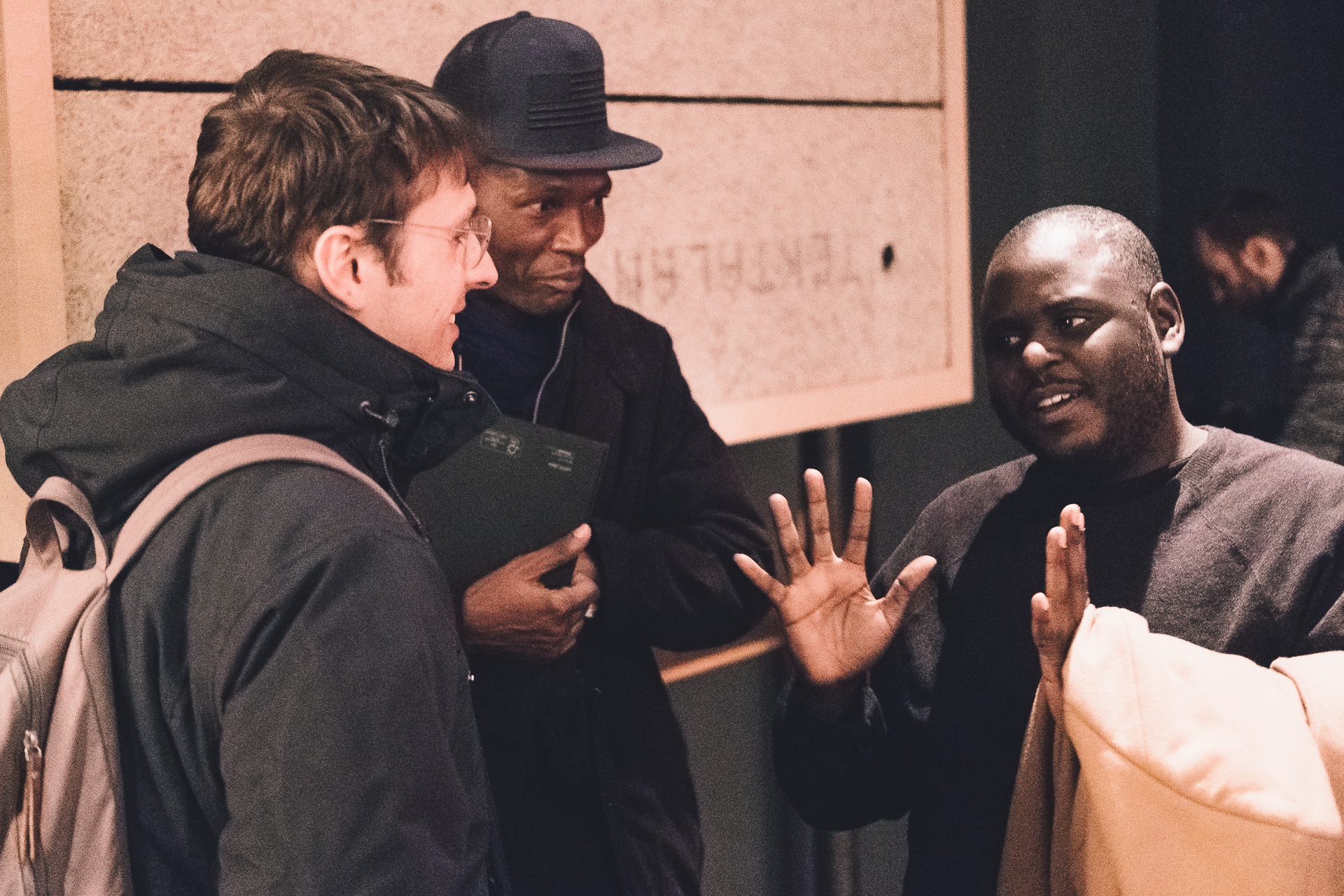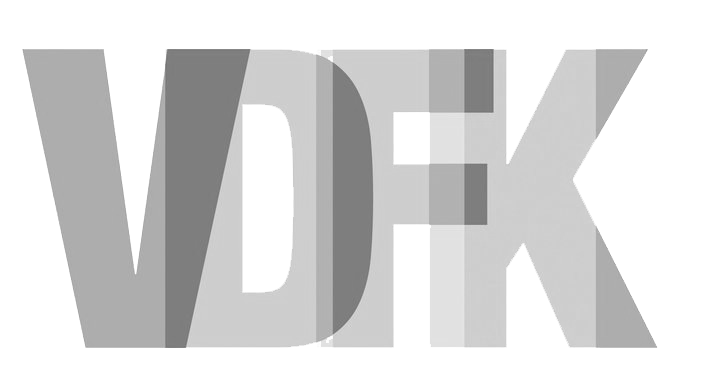Blog #2/17 - Anomalous, oxymoronic and defiant
by Tara Judah
With wry irony, the category “Scope” is as possible, broad and investigative as its own definition. To consider a film, or two films, then, under this general term, is as obfuscating as it is transparent: it means everything and, therefore, not specifically anything.
Nollywood, and the place it is born of, Nigeria, are just as anomalous, oxymoronic and defiant in the face of definition. Green White Green (2016), from first time feature filmmaker, Abba T. Makama, has the aesthetic of its politics; rich, bright colours splash themselves almost violently up against socio-economic disparity. There are works of art and aspirational characters whose stories are interwoven with the problems of extreme wealth and abject poverty coexisting in some sort of symbiotic yet oppressive way. The film feels radical and every-day at once. It is characterised by its unconventional modes of storytelling, the product of social contradiction and the economic conditions under which it was produced.
The unsteady soundtrack and pace of the film are born of the Nigerian situation. Makama, in the discussion that followed the screening, said that filmmakers face constant interruption; having to stop shooting to ask someone nearby to turn off their generator, or having to deal with ‘Area Boys’. Area Boys, as Makama called them, are opportunists who offer to look after your car while you’re shooting, for example — a pleasant threat that means they might steal your car radio or slash your tyres if you don’t give them money while you are working. The situation is part of the Scope of the social and economic conditions under which the film was produced and contributes visibly to the aesthetic and aural realisation of the film.

Also present was filmmaker and critic Didi Cheeka, who further explained that the establishment of Nollywood has irrevocably changed African cinema more widely. The impact of establishing Nigeria’s own cinema industry meant that 1) positively, Africans had access to their own cinema but that 2) conversely, independent African films would struggle within their own country as mainstream dramas and romantic comedies still proved most popular.
The notion of Scope widening possibility but simultaneously creating a narrow path for independent and counter-cinema emerged strongly from the discussion. The third panellist, Jutta Brückner, a Berlin-based screenwriter, director and producer, also spoke about the conflict of Scope in relation to gender. While Brückner benefitted from the greater funding opportunities and freedoms in the 1970s, she still found her gender posed a problem. The Scope, on the one hand, was creatively wide and yet, the systems of social dominance were still able to wield power, set to a much wider parameter.
Brückner was also surprised to see that the short film in the program, Bertrand Bonello’s Sarah Winchester (Sarah Winchester, opera fantôme, 2016), offered an approach that was so far removed from its subject that it seemed to have the perspective of an entirely different subject. And yet, it very clearly demonstrated that the Scope for storytelling is as wide as the imagination. Brückner said that if she had conceived of the project herself, it would have been a two-hour long horror film, which she thinks would have been terrible. The revelation, then, is that there is freedom of expression in producing work outside of mainstream parameters, even if it is subject to the far smaller Scope of its socio-economic production. The paradox between commerce and art persists but it also creates new Scope for new voices, approaches and perspectives.
